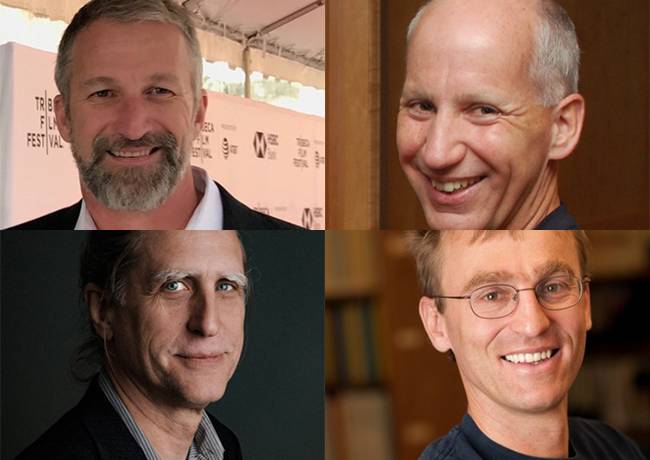Researchers Win $189,800 to Bridge Data Science, Cell Cycle Control

Less than two hours. That’s how long it takes for one yeast cell to grow and divide into two new cells, says Duke associate professor of biology Steven Haase.
The process depends on the coordinated interplay of thousands of genes turning on and off at specific points as needed.
By studying how this cell division clock works in yeast, Haase hopes to better understand how it works in other organisms too -- from human cancer cells to malaria parasites.
Haase and his team have spent a decade analyzing gene expression patterns over the yeast cell cycle, and they’ve been able to figure out -- from the level of each gene readout present in the cell -- exactly when each gene is activated.
Now, with support from a three-year, $189,800 grant from the National Science Foundation, they hope to identify the underlying regulatory networks that control this precise timing of events.
The vast number of possible molecular interactions make it a daunting computational task.
The project is one of 19 partnerships funded in 2018 by the National Science Foundation’s TRIPODS + X program, which brings together mathematicians, statisticians and computer scientists with researchers in other fields to tackle data-driven research challenges.
Haase will work in collaboration with mathematicians Tomas Gedeon at Montana State University, Konstantin Mischaikow at Rutgers and Björn Sandstede at Brown.
For more information, see this release from the National Science Foundation, or contact Joshua Chamot at 703-292-4489 or jchamot@nsf.gov.